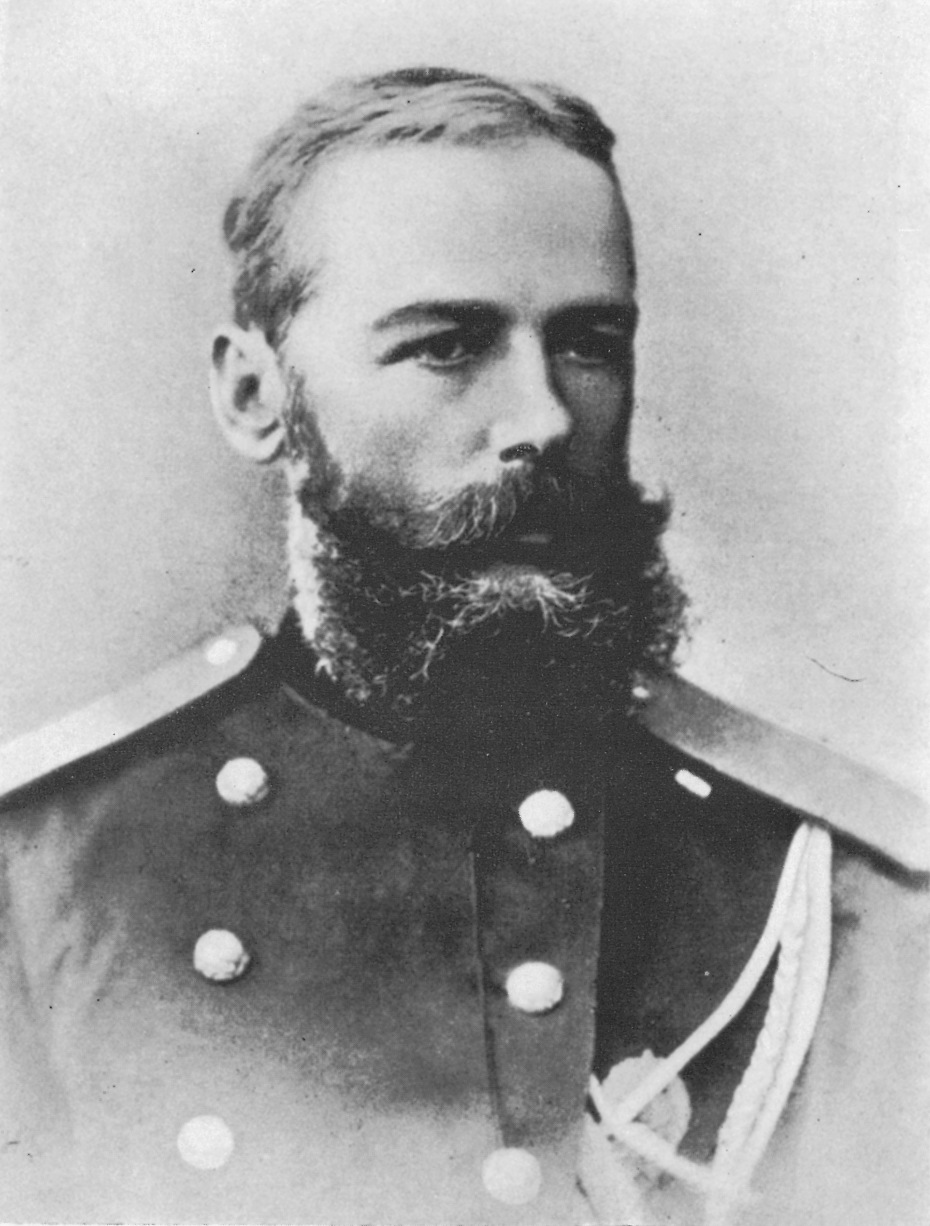Alexander Järnefelt on:
[Wikipedia]
[Google]
[Amazon]
 August Alexander Järnefelt (2 April 1833 – 15 April 1896) was a Finnish general, topographist, governor and senator.
August Alexander Järnefelt (2 April 1833 – 15 April 1896) was a Finnish general, topographist, governor and senator.
Järnefelt, Alexander
Biografiskt lexicon för Finland. Retrieved 2015-12-04. {{DEFAULTSORT:Jarnefelt, Alexander 1833 births 1896 deaths People from Tohmajärvi People from Kuopio Province (Grand Duchy of Finland) Swedish-speaking Finns Finnish people of German descent 19th-century Finnish nobility Finnish Party politicians Finnish senators Members of the Diet of Finland Finnish generals
 August Alexander Järnefelt (2 April 1833 – 15 April 1896) was a Finnish general, topographist, governor and senator.
August Alexander Järnefelt (2 April 1833 – 15 April 1896) was a Finnish general, topographist, governor and senator.
Early life
Aleksander Järnefelt was born in Tohmajärvi, the son of crown overseer Gustav Adolf Järnefelt and Aurora Fredrika Molander. Aleksander married Elisabeth Clodt von Jürgensburg on 22 December 1857 in Saint Petersburg. Their children wereKasper Kasper may refer to:
* Kasper (surname), a list of people with the surname
* Kasper (given name), a list of people with the given name
* Käsper (surname), an Estonian surname
* Kasper (singer), Korean rapper
* Kasperle or Kasper, a traditional pup ...
, Arvid, Erik, Ellida, Ellen, Armas
The Arma people are an ethnic group of the middle Niger River valley, descended from Moroccan invaders of the 16th century . The name, applied by other groups, derives from the word ''ar-rumah'' ( ar, الرماة) "fusiliers". N. Levtzion, "No ...
, Aino, Hilja and Sigrid. Armas, Arvid and Eero were famous Finnish cultural figures. Aino Järnefelt was married to composer Jean Sibelius.
Military life
After seven year's study inHamina Cadet School
The Hamina Cadet School and Finland Cadet School were the common names for the Fredrikshamn cadet school during the period 1819–1901. The Cadet School was founded in 1780 by Georg Magnus Sprengtporten at Kuopio and transferred in 1781 to Rantas ...
, Järnefelt embarked on a career as an artillery officer in the Russian Army
The Russian Ground Forces (russian: Сухопутные войска �В Sukhoputnyye voyska V, also known as the Russian Army (, ), are the Army, land forces of the Russian Armed Forces.
The primary responsibilities of the Russian Gro ...
. After working under Wilhelm von Struve at Pulkovo Observatory, Järnefelt was commanded to topographic works in his native Finland which formed his main occupation for decades. By 1870, he was the head if the Russian topographic corps in Finland.
During and after the Turkish war
The Great Turkish War (german: Großer Türkenkrieg), also called the Wars of the Holy League ( tr, Kutsal İttifak Savaşları), was a series of conflicts between the Ottoman Empire and the Holy League consisting of the Holy Roman Empire, Pola ...
(1877–1879), Järnefelt lead the topographic survey of many areas which Russia conquered from Turkey. These works, on which he also wrote a German-language scientific treatise ''Die astronomischen, geodätischen und topographischen Arbeiten auf der Balkanhalbinsel in der Jahren 1877, 1878 und 1879'', earned him a promotion to general major
Major general (abbreviated MG, maj. gen. and similar) is a military rank used in many countries. It is derived from the older rank of sergeant major general. The disappearance of the "sergeant" in the title explains the apparent confusion of a ...
.
Statesmanship
In the 1880s, Järnefelt was transferred from the military to a civilian administrative career, which allowed him to further his political agenda. Järnefelt was the governor ofMikkeli Province
The Mikkeli Province ( fi, Mikkelin lääni, sv, S:t Michels län) was a province of Finland from 1831 to 1997. The province was named after the city of Mikkeli.
Parts of the province were transferred to the Central Finland Province in 1960. In ...
in the 1883–84, the governor of Kuopio Province in 1884–88 and Vaasa Province
The Province of Vaasa ( ; , , Sweden ) was a province of Finland, established in 1775 when Finland was an integrated part of Sweden from the southern part of Ostrobothnia County and disbanded in 1996. The province was named after the city of Vaas ...
in 1888–94. During these tenures, Järnefelt used his gubernatorial powers to change the language of civil administration of these provinces to Finnish (in the bilingual Vaasa Province, to bilingualism). In addition, he strove to establish primary schools and poor-houses in his provinces.
Järnefelt's career culminated in the membership of the Senate of Finland
The Senate of Finland ( fi, Suomen senaatti, sv, Senaten för Finland) combined the functions of cabinet and supreme court in the Grand Duchy of Finland from 1816 to 1917 and in the independent Finland from 1917 to 1918.
The body that would beco ...
, where Järnefelt was tasked as the chief of the military affair's section. The promotion to senator was accompanied with promotion to the rank of a lieutenant general. Järnefelt died at Helsinki on 15 April 1896, of paralysis.
Politically, Järnefelt was a fennoman of the Old Finnish Party
The Finnish Party ( fi, Suomalainen Puolue) was a Fennoman conservative
Conservatism is a cultural, social, and political philosophy that seeks to promote and to preserve traditional institutions, practices, and values. The central ten ...
. The party strove for the equal rights of Finnish language with the Swedish while stressing the importance of loyalty to the Emperor. Järnefelt took these aims seriously, sending his children to Finnish-speaking schools which was extraordinary for a nobleman of his time.
References
*Kopponen, T. (2014Järnefelt, Alexander
Biografiskt lexicon för Finland. Retrieved 2015-12-04. {{DEFAULTSORT:Jarnefelt, Alexander 1833 births 1896 deaths People from Tohmajärvi People from Kuopio Province (Grand Duchy of Finland) Swedish-speaking Finns Finnish people of German descent 19th-century Finnish nobility Finnish Party politicians Finnish senators Members of the Diet of Finland Finnish generals